The Food and Drug Administration declined to approve MDMA, commonly known as ecstasy, as a treatment for post-traumatic stress disorder, drugmaker Lykos Therapeutics said Friday.
Experts and advocates say the decision is a minor setback in the growing movement to use psychedelics in the treatment of certain mental health conditions.
There had been intense political pressure on the FDA to approve the drug. Friday’s decision was the first time the agency had considered a Schedule 1 psychedelic for medical use. If approved, it would have been the first new treatment for PTSD in more than two decades.
Lykos Therapeutics had asked the FDA to approve the drug as part of a treatment regimen, given alongside talk therapy.
The agency’s decision came after an independent advisory committee in June declined to recommend approval of the drug, saying there was not enough evidence that the therapy was safe and effective.
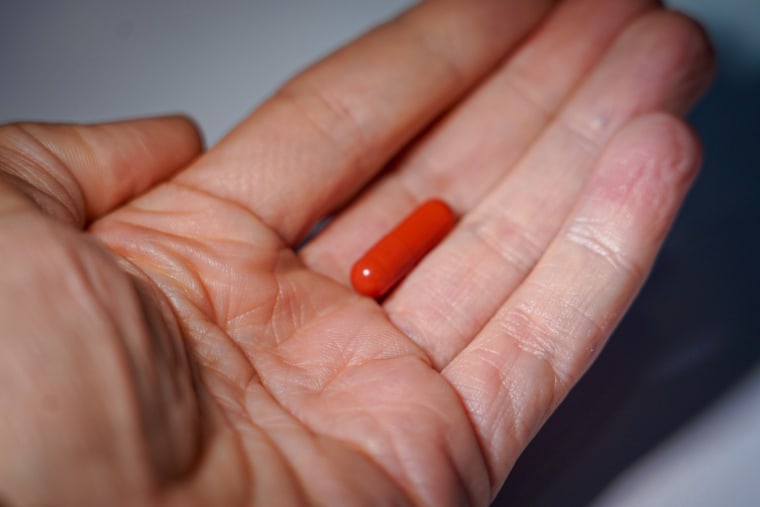
Courtesy Lykos Therapeutics
The committee cited a myriad of concerns, including poorly designed studies, allegations of sexual misconduct during a midstage clinical trial and the potential for serious health risks after taking the drug, including heart problems and abuse.
A review by FDA scientists, published ahead of the June meeting, also raised concerns about how the trials were carried out, including that a number of patients and therapists likely were able to guess who was given the medication and who got the placebo.
Despite the rejection, experts say they expect that psychedelic therapies are still on their way to FDA approval. There are around four dozen MDMA trials in various stages of clinical development, according to ClinicalTrials.gov.
“I think it will be a temporary setback,” said Holly Fernandez Lynch, an associate professor of medical ethics at the University of Pennsylvania. “The advisory committee and FDA gave very clear indications of what they’re looking for in terms of study design and adverse event reporting, so Lykos and other companies should know pretty clearly how to proceed going forward if they want to get psychedelics approved.”
Psychedelic scrutiny
The agency’s rejection highlights the high level of examination and scrutiny psychedelics must withstand as advocates seek their approval for medical use in the U.S.
According to Lykos, the FDA asked the company to complete an additional phase 3 clinical trial to further study the safety and effectiveness of the drug. Lykos added that the agency expressed concerns similar to those raised during the advisory committee meeting in June. The drugmaker said it plans to ask the FDA to reconsider the decision.
“The FDA request for another study is deeply disappointing, not just for all those who dedicated their lives to this pioneering effort, but principally for the millions of Americans with PTSD, along with their loved ones, who have not seen any new treatment options in over two decades,” Lykos CEO Amy Emerson said in a release.
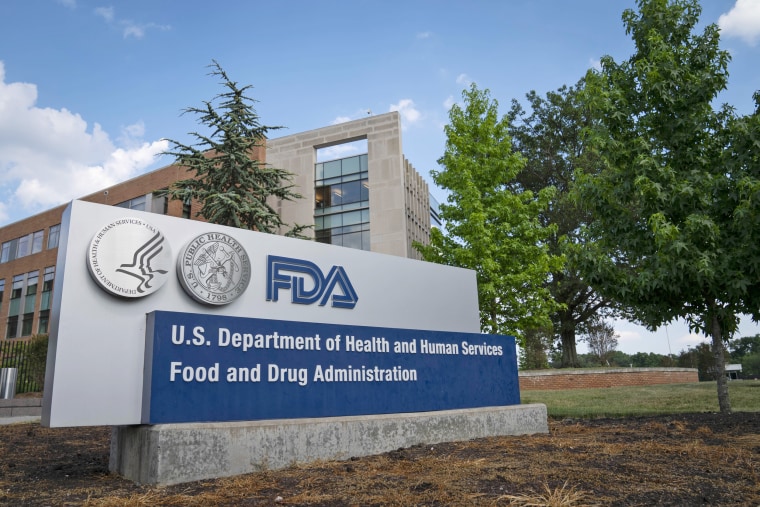
In a statement, an FDA spokesperson said the agency recognizes that there is a “great need” for additional treatment options for PTSD.Still, “as discussed at the advisory committee meeting, there are significant limitations to the data contained in the application that prevent the agency from concluding that this drug is safe and effective for the proposed indication,” the spokesperson said.
About 13 million people in the U.S., many of whom are veterans, have PTSD, according to data shared by the FDA at the June meeting.
Talk therapy as well as antidepressants are the main treatments, but patients may not follow through with therapy, and less than a third report full remission of their symptoms from the medications, according to the FDA.
David Olson, director of the U.C. Davis Institute for Psychedelics and Neurotherapeutics, said he doesn’t think the FDA decision will hinder the development of psychedelics for mental health disorders, including PTSD. He noted that a version of ketamine has already been approved by the FDA to treat treatment-resistant depression. That version, sold under the name Spravato, uses a modified drug called esketamine that does not produce the same dissociative and psychedelic effects as naturally occurring psychedelics.
Olson expects that there could be another psychedelic-based treatment for PTSD in the next five years.
“Psychedelics like psilocybin are demonstrating a lot of promise, and hopefully, the groups developing those compounds will learn from the mistakes of others and be more rigorous,” Olson wrote in an email.
He also noted that there is a new and emerging class of drugs called neuroplastogens that he said have been designed to retain the therapeutic effects of MDMA while minimizing side effects, such as hallucinations.
“All of this is to say that the future is very bright for this class of therapeutics,” he said.
Dr. Brian Barnett, a psychiatrist who heads psychedelic research at the Cleveland Clinic in Ohio, also said he thinks MDMA will be eventually approved for PTSD, despite the FDA’s decision.
“I think it will be another arrow in the quiver of psychiatry,” Barnett said. “We do have some good treatments for PTSD. They don’t work for everyone, though.”
He acknowledged the FDA and the advisory committee’s concerns, although he noted that some of the issues they raised about the trials are not unique to MDMA.
“The advisory committee was very focused on what was called functional blinding, where the participants were aware whether they got MDMA or not,” he said. “It was so surprising to me that they were so focused on that because functional blinding is a problem essentially for all pharmacological treatments in psychology.”
Pressure on the FDA
In July, nearly 800 veterans sent a letter asking President Joe Biden to consider MDMA for PTSD, saying that they are “confident” that the therapy will prove to be “amongst the most invaluable treatments ever developed to combat the veteran suicide epidemic.”
Politicians also weighed in.
Earlier this month, a bipartisan group of 80 lawmakers sent letters to Biden and FDA Commissioner Robert Califf urging them to consider approving the treatment, writing that “we cannot allow our veterans to continue to suffer in silence.”
Lynch, of the University of Pennsylvania, said she had been “dismayed to see politicians pressuring FDA” on the decision, adding that could harm future approvals for psychedelics.
Although the agency’s decisions can’t exclusively rest on the science and questions on safety and effectiveness do require some “judgment” calls, “when politicians interfere on behalf of specific products, it can reduce trust in FDA’s decisions,” she said.
The Institute for Clinical and Economic Review, a nonprofit group that evaluates the cost and effectiveness of drugs, has been critical of the development of the treatment, saying in a report published in late March that patients and providers in the trial treated psychedelics “more like a religious movement than like pharmaceutical products.”
In a statement following the FDA’s decision, ICER’s chief medical officer Dr. David Rind said, “we hope that ongoing and future careful research will examine how to maximize the benefits and minimize the harms of adding MDMA to these and other psychotherapies.”

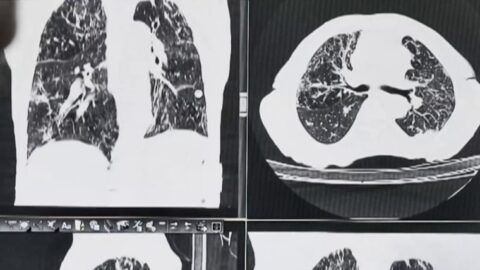
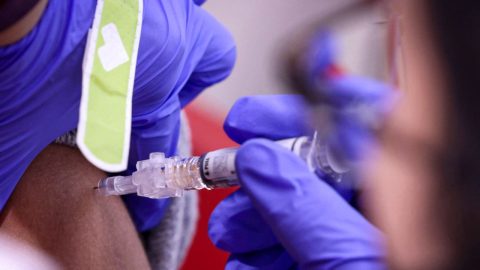
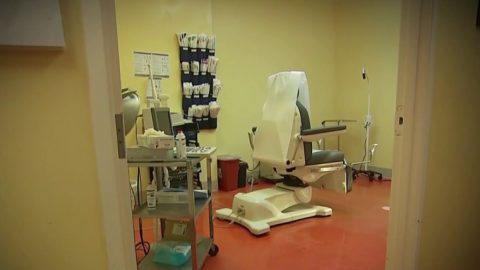

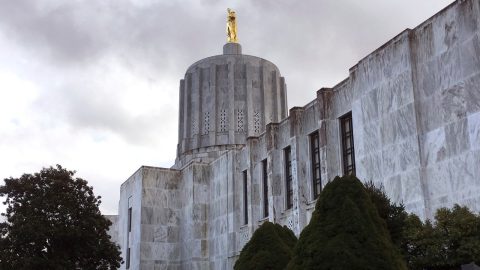

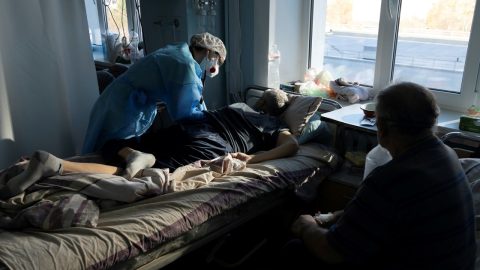

Recent Comments